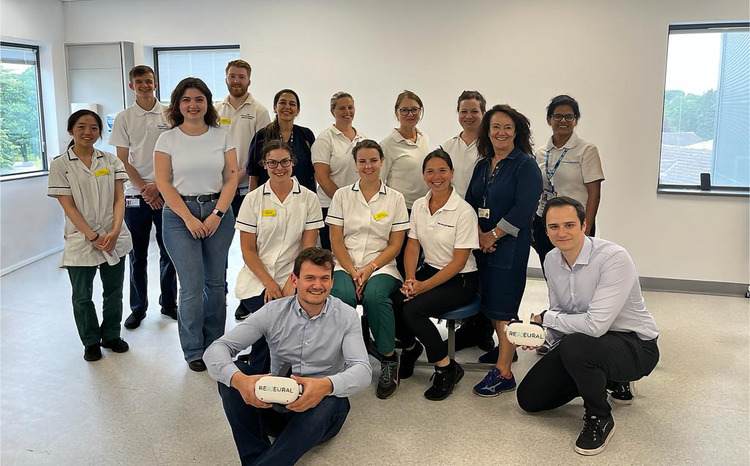Colchester told to invest in cancer IT
- 20 December 2013

A report on cancer services at Colchester Hospital University NHS Foundation Trust has discovered that it purchased a specialist cancer system – and then failed to implement it.
The report on the ‘immediate review’ of cancer services at the trust, ordered by NHS England following accusations that the trust had falsified cancer waiting times and left some patients waiting for treatment, says the trust bought the Somerset Cancer Information System in 2010.
It says this should have provided it with “a single, industry standard record system” for recording and tracking cancer patients and that “this would have avoided many of the problems” it is now facing. “Unfortunately,” it says, “this system has never been implemented in the trust.”
As a result, the trust is still using “multiple, separate systems”, including paper, that require staff to enter information multiple times and yet are not updated in real time.
This has led to errors and delays, and because “audit of cancer waiting times data and changes made to the records is not routinely performed… errors can remain undetected.”
In addition, the report says that the trust has been dependent on receiving referrals by fax, and that because faxes are not received in a single office, this has been another source of delay.
Colchester has been subject to a number of investigations since claims that information might have been falsified to hide missed targets for cancer treatment emerged in November.
The trust has been put into special measures by Monitor and its chief executive, Gordon Coutts, resigned earlier this week. The police have opened an investigation into the falsification claims.
These are not dealt with in the NHS England report, which instead asks whether cancer services in Colchester are safe, and reports back on a series of site visits and interviews with key staff at the trust.
The report says that while the trust is co-operating with Monitor, and has set up a board-level sub-group to address the problems, five cancer pathways are “particularly problematic” and will require considerable reworking and investment.
These are urology, cancer of unknown primary origin, sarcoma, brain and central nervous system, and skin cancers, for which new or improved pathways are being established.
The report recommends that the trust should invest in modern communications “such as the Choose and Book system and a cancer pathway management tool” and that until these are in place it should “improve the failsafe handling of paper processes.”
At the moment, dedicated staff are being used to “receive and resolve all phone and fax enquiries” and to cross-check that patients are being dealt with properly.
Further recommendations include reviewing staffing and training plans, improving governance, and conducting further audits and retrospective reviews of patient notes.
Colchester was supposed to deploy the Medway patient administration system in April, but the go-live has been repeatedly put back.
In August, the trust told EHI that it had delayed the go-live from April because of the amount of work that needed to be done to implement it smoothly.




